Sri Lanka police open fire at protesters; 1 dead, 13 injured
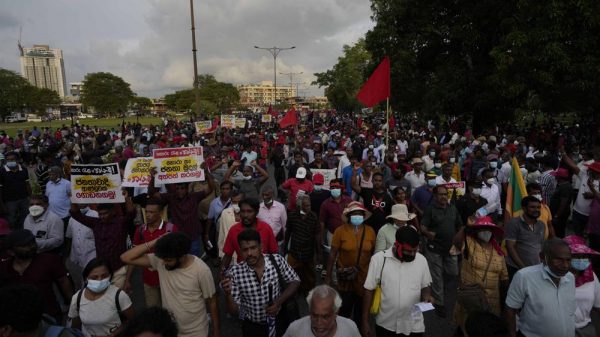
Shawdesh Desk:
Sri Lankan police opened fire Tuesday at people protesting new fuel price increases, killing one and injuring 13 others, in the first shooting by security forces during weeks of demonstrations over the country’s worst economic crisis in decades.
Fifteen police personnel were also admitted to a hospital with minor injuries after clashes with protesters.
Police confirmed they shot at the protesters in Rambukkana, 90 kilometers (55 miles) northeast of Colombo, the capital, and they declared a local curfew afterward. Police spokesman Nihal Talduwa said the demonstrators were blocking railway tracks and roads and had ignored police warnings to disperse. He said protesters also threw rocks at police.
Dr. Mihiri Priyangani of the government hospital in Kegalle said 14 people were brought there with suspected gunshot wounds and one had died. Three others had undergone surgeries and were being monitored. The police in the hospital had minor injuries, possibly from being hit by stones, she said.
Sri Lanka is on the brink of bankruptcy, with nearly $7 billion of its total $25 billion in foreign debt due for repayment this year. A severe shortage of foreign exchange means the country lacks money to buy imported goods.
U.S. Ambassador Julie Chung and U.N. Resident Coordinator Hanaa Singer-Hamdy urged restraint from all sides and called on the authorities to ensure the people’s right to peaceful protest.
Chung called for an independent investigation into the shooting.
Sri Lankans have endured months of shortages of essentials such as food, cooking gas, fuel and medicine, lining up for hours to buy the very limited stocks available.
Fuel prices have risen several times in recent months, resulting in sharp increases in transport costs and prices of other essentials. There was another round of increases at midnight Monday.
Thousands of protesters continued to occupy the entrance to the president’s office for an 11th day Tuesday, blaming him for the economic crisis. At night, the crowd outside his office in Colombo held up their phones as illumination during a vigil condemning the shooting in Rambukkana.
Sri Lanka’s prime minister said Tuesday that the constitution will be changed to clip presidential powers and empower Parliament, as protesters continued to demand that the president and his powerful family quit.
Prime Minister Mahinda Rajapaksa told Parliament that the power shift is a quick step that can be taken to politically stabilize the country and help talks with the International Monetary Fund over an economic recovery plan.
President Gotabaya Rajapaksa, the prime minister’s brother, concentrated power in the presidency after being elected in 2019.
“While looking for solutions to the economic problems, it is important that we have political and social stability in the country,” Prime Minister Rajapaksa said, adding that restoring more power to Parliament will be a start to the reforms.
The Rajapaksa brothers are likely to retain their grip on power even if the constitution is amended, since they hold both offices.
President Rajapaksa acknowledged on Monday that he made mistakes which had led to the crisis, such as delaying an appeal to the IMF for help and banning agrochemicals with the aim of making Sri Lankan agriculture fully organic. Critics say the ban on imported fertilizer was aimed at conserving the country’s declining foreign exchange holdings and badly hurt farmers.
Both the president and prime minister have refused to step down, resulting in a political impasse. Opposition parties have rejected the president’s proposal of a unity government, but have been unable to put together a majority in Parliament and form a new government.
In a Cabinet reshuffle Monday, the president appointed many new faces and left out four family members who had held Cabinet and non-Cabinet posts, in an apparent attempt to please the protesters without giving up his family’s grip on power.
Finance Minister Ali Sabry met with IMF Managing Director Kristalina Georgieva in Washington and requested a rapid financing facility for countries facing urgent balance of payment crises, the Finance Ministry said Tuesday.
It said Georgieva told Sabry that India had also backed Sri Lanka’s request for the facility.
Later, Indian Finance Minister Nirmala Sitharaman met with Sabry and assured him of India’s support for Sri Lanka’s economic recovery, the ministry said.
Sri Lanka has also turned to China and India for emergency loans to buy food and fuel.


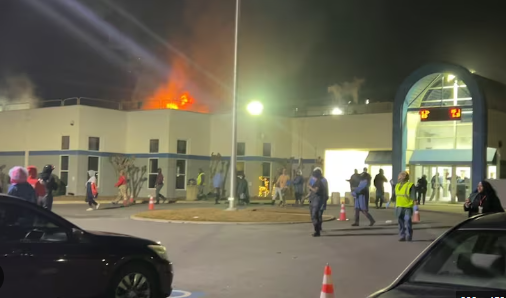
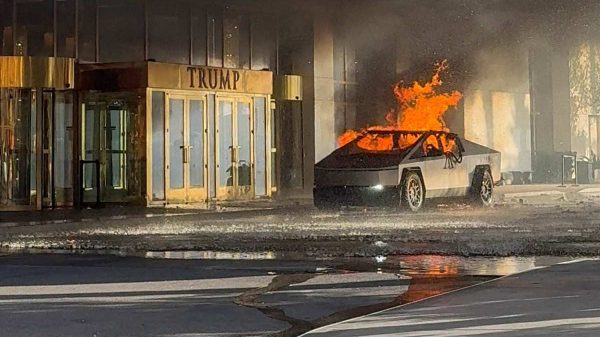
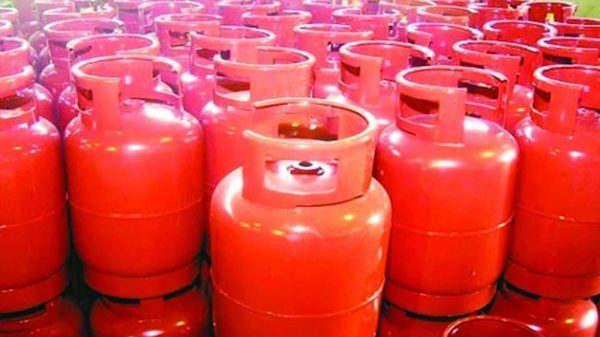
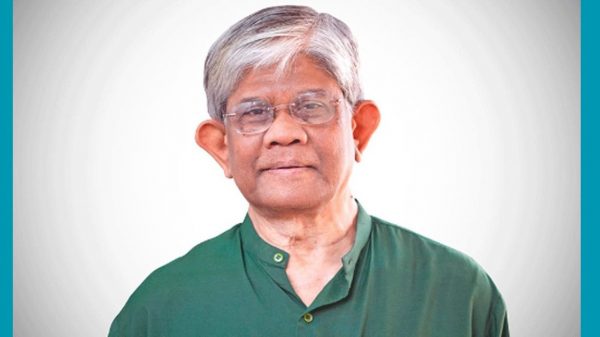
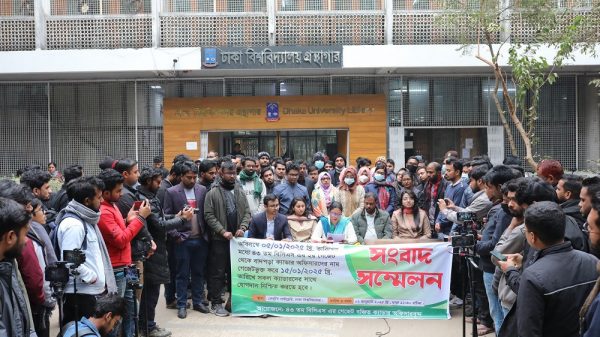
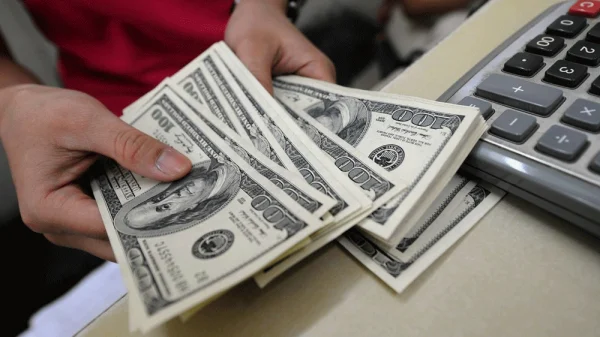
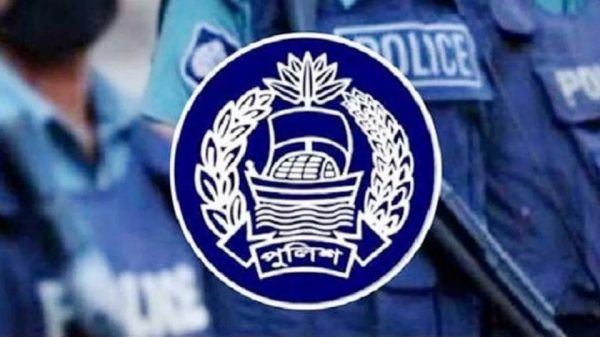
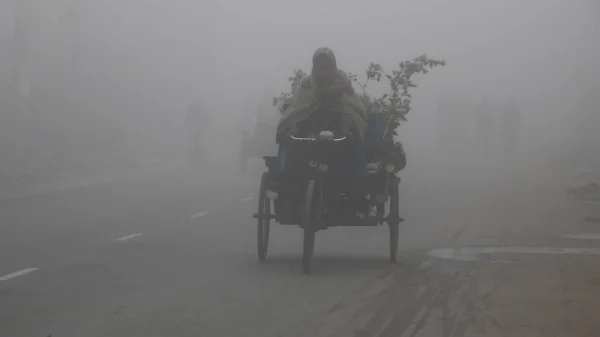
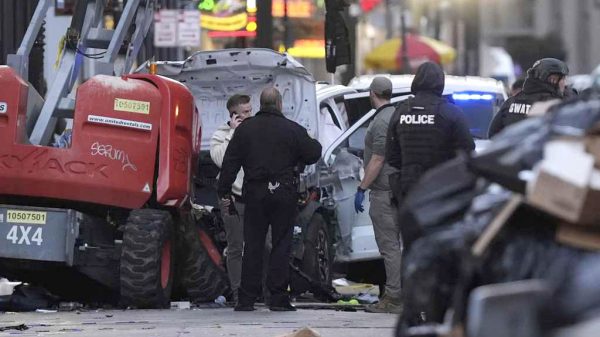
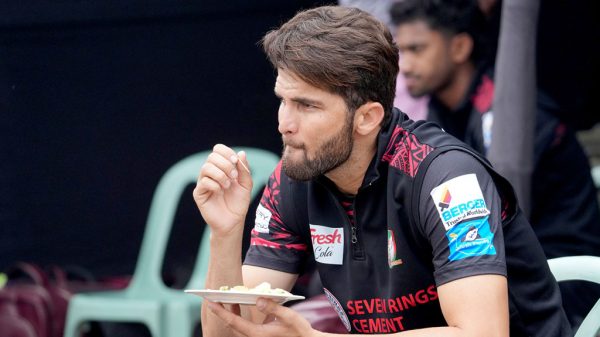











Leave a Reply